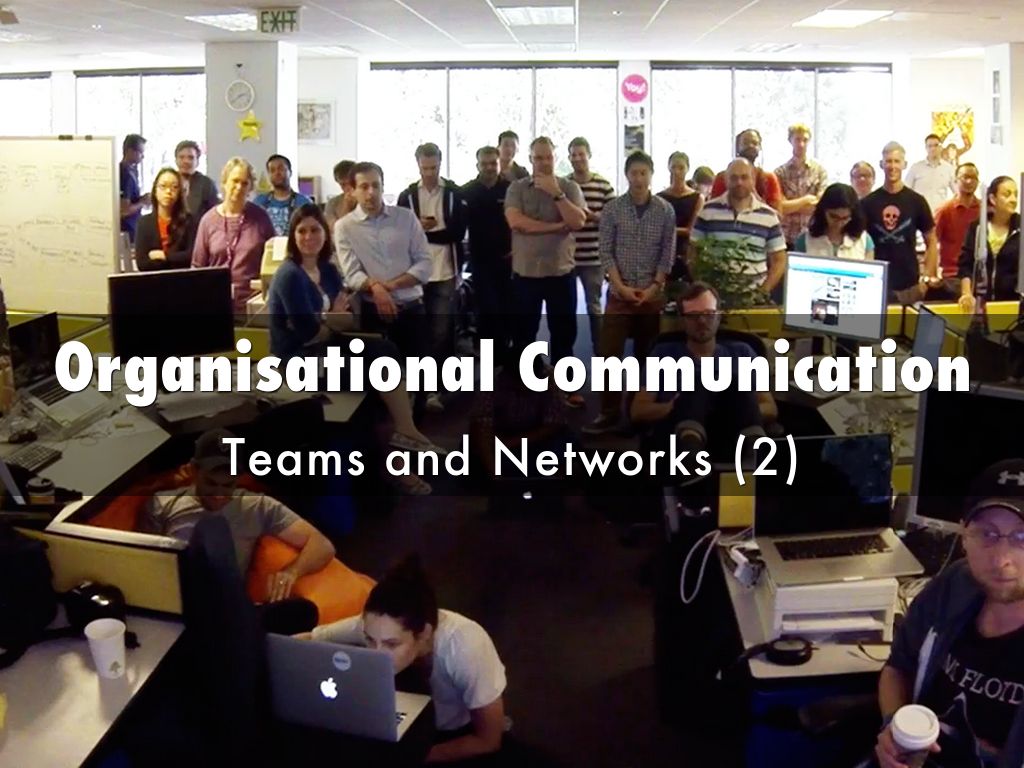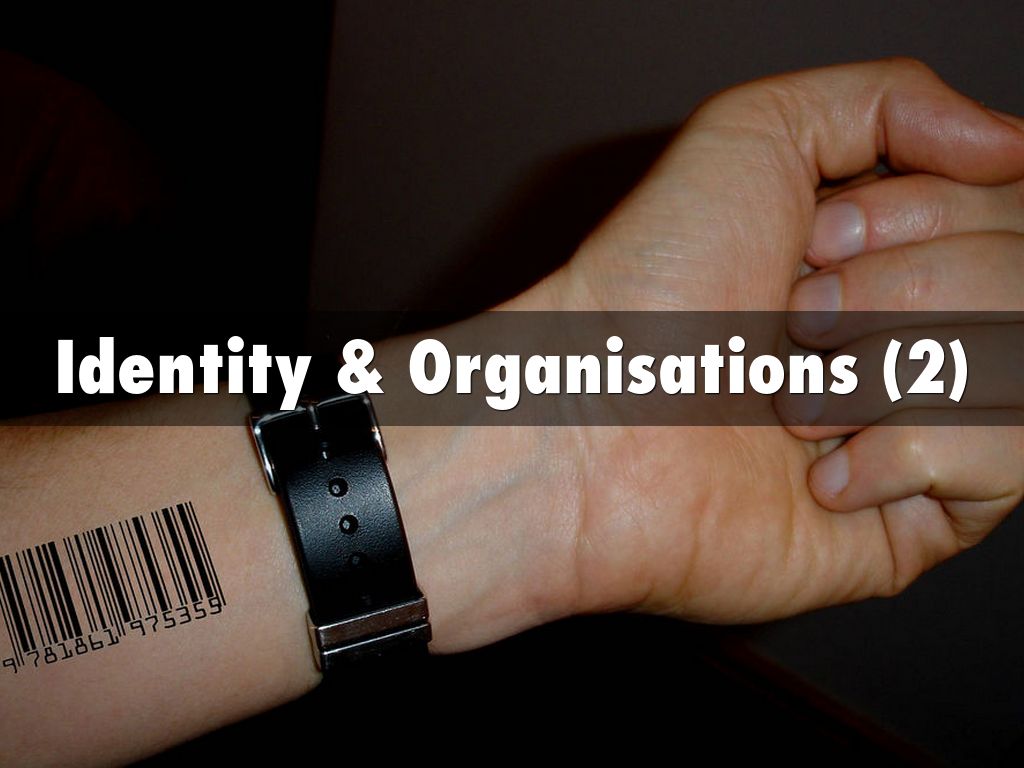Slide Notes
The more we can understand the communication process, the more likely we are both to be able to communicate effectively, and to enjoy doing so.
As social animals our lives are defined by interpersonal communication. Because we invariably live in groups, our interpersonal communication is also intercultural communication. And here's the rub: culture is about values, attitudes and beliefs. Through most of human history people have been afraid of groups who are different and have frequently fought violently to oppose them. We live in times of culture wars, not only internationally but locally as our different groups struggle to communicate with each other. But why this struggle?
As social animals our lives are defined by interpersonal communication. Because we invariably live in groups, our interpersonal communication is also intercultural communication. And here's the rub: culture is about values, attitudes and beliefs. Through most of human history people have been afraid of groups who are different and have frequently fought violently to oppose them. We live in times of culture wars, not only internationally but locally as our different groups struggle to communicate with each other. But why this struggle?
Culture & Communication: 15'
Published on Nov 18, 2015
No Description










